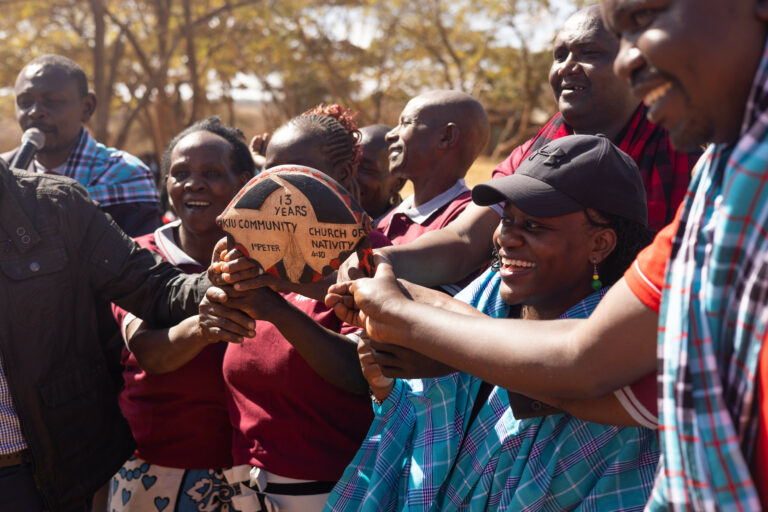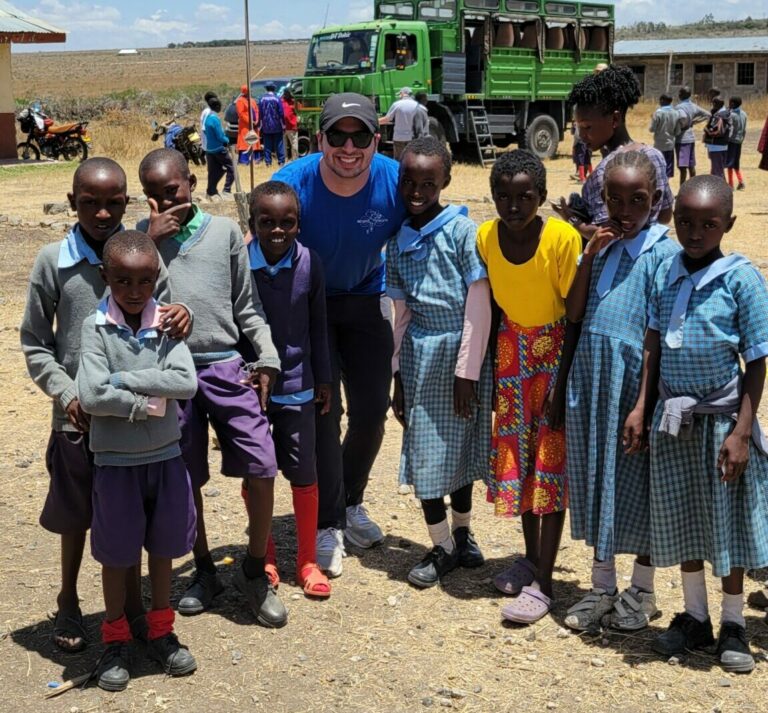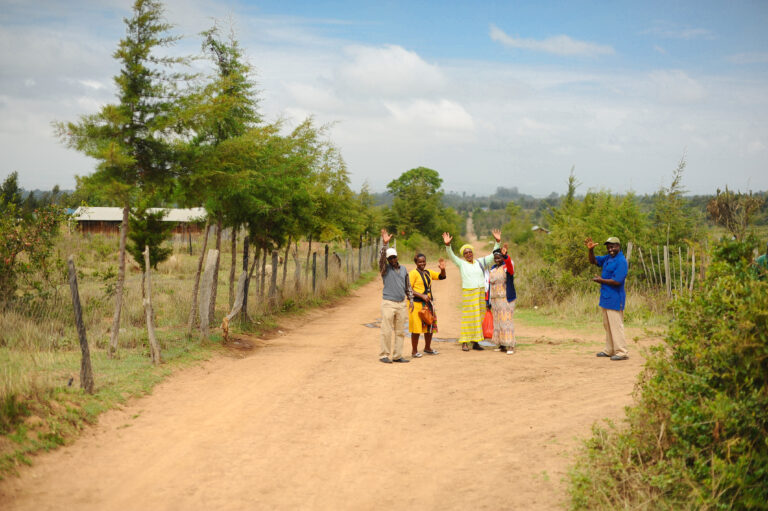Every year, all across the globe, children anxiously await the arrival of jolly ol’Saint Nicholas gliding through the skies guided by his magical reindeer-led sleigh.
But what if, instead, Santa was escorted by camel? Yes, you read that right. In Kenya, Santa is most likely to be seen riding a camel as he parades through towns and villages delivering small, yet meaningful gifts to wonder-eyed children.
Kenyans make each holiday tradition their own, even opting for a Cypress tree to decorate rather than a more westernized pine. And compared to the dozens upon dozens of dazzling lights you see strung up on homes, churches, and restaurants here in the United States, Kenyans will often use colorful ribbons and greenery to decorate their homes and churches.
However, to the people of Kenya, Christmas is not so much about the shiny decorations that adorn trees or homes, but it is rather a holiday focused on honoring the birth of Jesus Christ and spending good, quality time with family and loved ones. Often, many of those who live in larger cities, like Nairobi, will travel many miles to stay in their small home towns and villages for the entire month of December, up until the passing of the new year. To Kenyans, the best gift Santa could bring is the gift of time with family.
Just like in the United States, most churches in Kenya hold night vigils, or what they refer to as ‘Kesha’ on Christmas Eve. These services are filled with the beautiful singing of traditional hymns, as well as plays that are put on by young children, depicting the birth of Jesus Christ.
At midnight, while most are still attending services, the churches ring bells to mark the birth of Jesus and the official start of Christmas!
Even after the late-night services, most Kenyans will continue their celebrations. In fact, it is very common to have large groups of people going door to door, singing carols late into the night and early morning. They do so in hopes of collecting donations that will later be presented to the church that next morning on Christmas day.
As the sun rises on Christmas morning, many Kenyans will be headed back to the church for the Christmas day services. It is a tradition that children and parents will receive new clothes as gifts on Christmas eve that they will proudly wear to services the next day. Often, families will even hire professional photographers to capture the special moment with their loved ones in their new outfits. Having a fun photoshoot with your family is just another way Kenyans like to celebrate and remember this very special day!
But what would Christmas be without delicious, perfectly prepared food to enjoy with your loved ones?
After the church service, families will gather to take part in ‘nyama choma’ which is a traditional Kenyan barbecue where chickens, goats, sheep, and cows are most likely to be seen on the menu. These meats will be paired with delectable sides like rice and chapati, which is a flatbread with a similar texture and consistency of a tortilla. It is also quite common for Kenyan families to serve their own local beer that they themselves have brewed just for this day.
Kenyans take great pride in preparing perfectly cooked meats and are always very excited to share their bountiful meals with their families and friends.
However, the Christmas celebrations do not end on December 25th. The next day, December 26th is Boxing Day in Kenya, which is a public holiday that is specifically focused on spending time with friends and family. But most Kenyans will spend this day recovering from the non-stop celebrations from the last two days. Sleep and time to rest are made a priority after such a joyous Christmas!
If you ever decide to visit Kenya during the Christmas season, you will not be disappointed! Many Kenyans treat visiting tourists as royal guests during this time and will go above and beyond to make sure every dish is superb and every experience is one to remember. Many believe that this time of year is when you must pull out all the stops and show off the best of what Kenya has to offer.
Fun fact: Did you know there are at least 68 languages in Kenya, with the official languages being Swahili and English?
If you want to wish someone a Merry Christmas in Kenya, you can say “Heri ya Krismasi” if you want to speak Swahili and “Nchipai e Kirismas” if you wish to speak Maasai (the more ethnic language in Kenya and regions of Tanzania).




